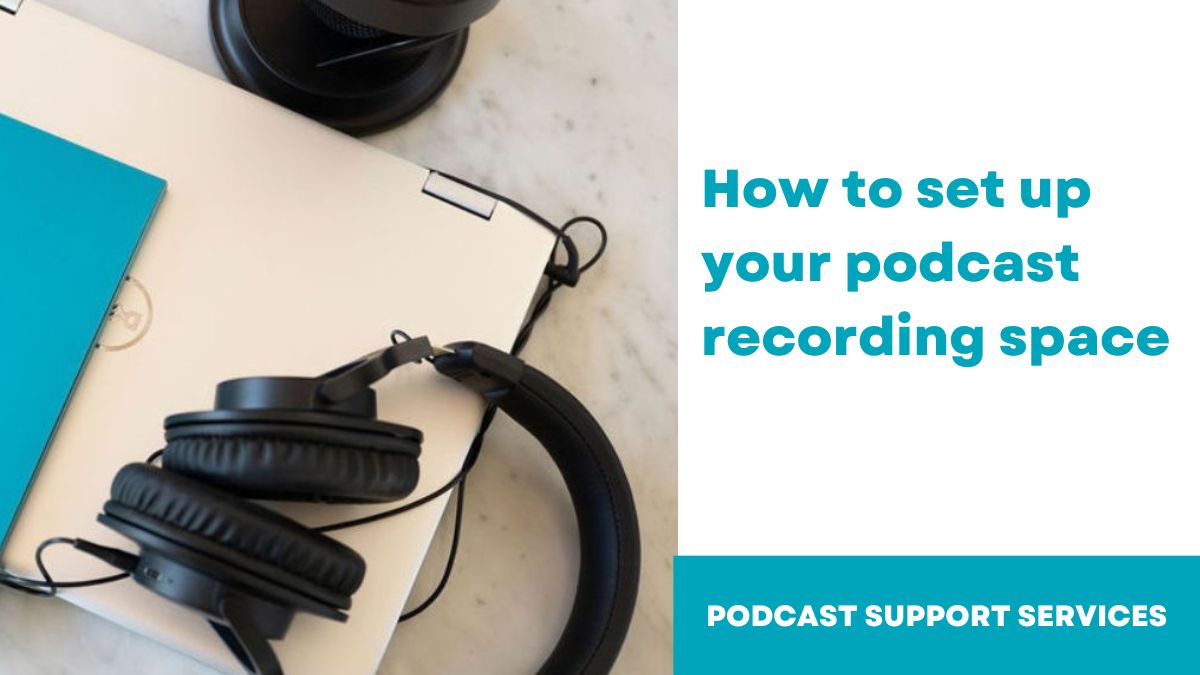Record the best quality sound you can from the start
There’s only so much you can do when it comes to editing your podcast. It’s therefore good to get the best quality sound from the time you start recording. This will set you up for success.
If a dog’s barking in the background when you’re recording, it can’t be totally removed when editing. If you or your guest forgets to wear headphones when you do an interview, the echo can’t be removed when you’re editing.
If you get the best quality audio you can at the beginning, you’ll get the best quality at the end.
Avoid being in a noisy area
An obvious tip, but make sure you’re in a quiet area when recording. If you’re using a Blue Yeti mic, it can pick up lots of surrounding noise.
Things you might want to think about are:
- Turn your air conditioner or heater off. If it makes any kind of humming sound, it will get picked up on your mic and be distracting.
- Don’t record next to a window that faces a noisy street as you’ll likely record the sound of passers by and the local traffic.
- Tell everyone in your house when you’re recording, so that they know to go out or keep the noise to a minimum.
Avoid high ceilings, large rooms and hard surfaces
If you’re planning on recording your podcast in a room with high ceilings and wooden floors, you may want to find somewhere else. Sound echoes around rooms like this. Some slight adjustments can be made when editing but the echo will never be totally eliminated.
The best place to record your podcast is, in general, a bedroom. Bedrooms are more likely to have carpet and the mattress and clothes absorb some of the echo. Some people even go as far as to record in their wardrobe!
Soften things up
If you can’t record in your bedroom, then you’ll need to just soften your room up a bit to avoid echo. If you have wooden floors, put a rug down. If you’re using a large desk or table, put a blanket over it. Surround the area where you’re recording in as many blankets, towels, cushions, and pillows as you can so that as much echo gets absorbed as possible.
Close your curtains and blinds, this will prevent some of the echo bouncing off your windows.
You could invest in acoustic panels if you want and create your own mini recording studio.
Set yourself up for success
By taking the time to set your recording space up in the best possible way before you start recording you’ll get the best quality audio. It’s important not to skip this step!
I support clients with how to set up their recording space when we work together, to ensure the best possible audio quality for them. If you’d like to know more about how I can support you, book a free call below.

